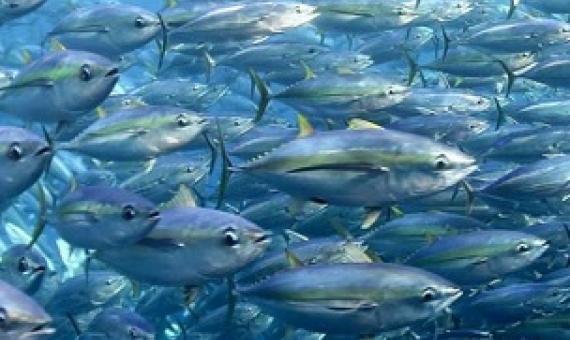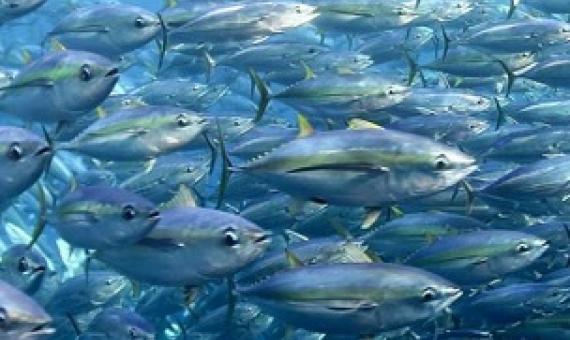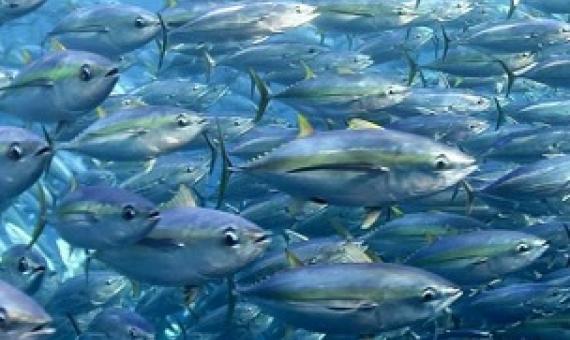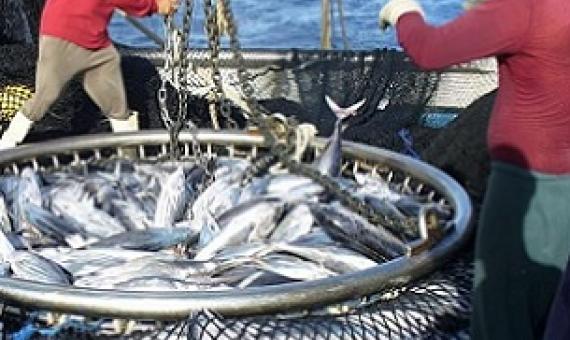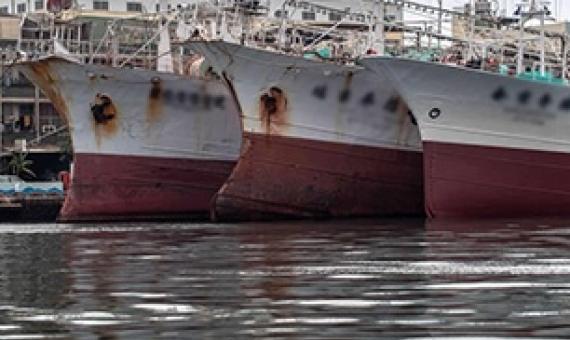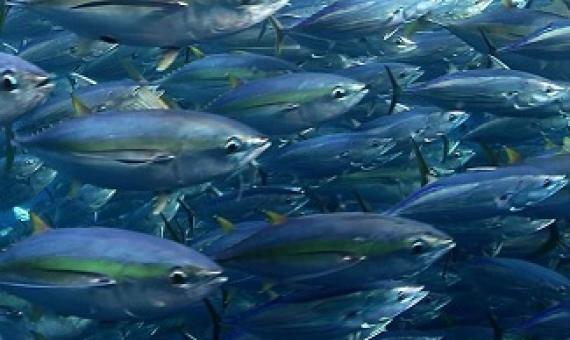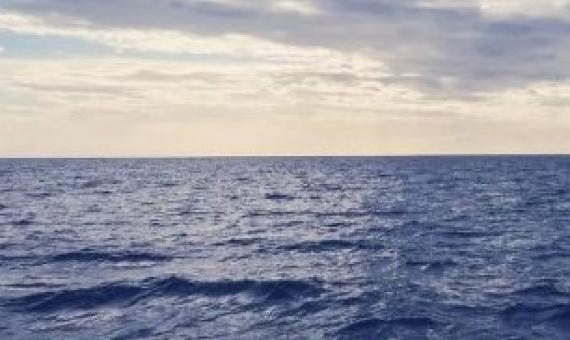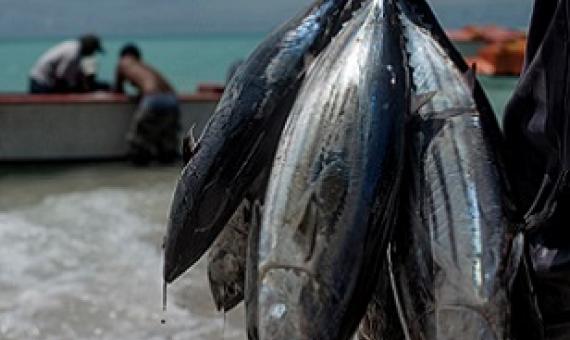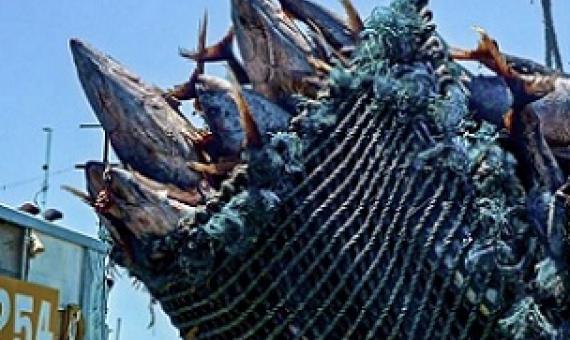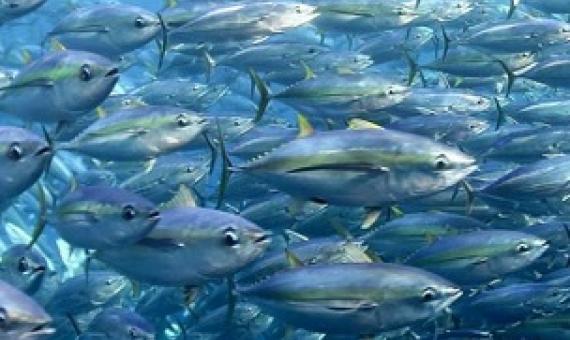The peoples of the Western and Central Pacific Ocean (WCPO) can celebrate having the healthiest stocks of tuna in the world. It doesn’t happen by chance.
The Pacific nation of Papua New Guinea said its Marine Stewardship Council-certified tuna catches have not been interrupted – and have even gained momentum – even in the face of COVID-19 and its effects on the industry and market.
World Tuna Day from a professional and personal perspective by *Francisco Blaha, tuna expert, scientist and institutional fisheries advisor. Recent years have seen a power shift, with Pacific Islands Nations gaining greater control and revenue returns from their Tuna fisheries.
The tuna fisheries of the western and central Pacific Ocean (WCPO) are in better shape than those of other oceans, a report just published by the International Seafood Sustainability Foundation (ISSF) shows. The report summarises the state of health of the world’s tuna fisheries.
The global fight against illegal, unreported, and unregulated tuna-fishing activities has been slowed by significant gaps in the implementation of proposed counter-measures by five tuna regional fishery management organizations (RFMOs), according to a new report by the International Sea
The Global Tuna Alliance, Friends of Ocean Action, and the World Economic Forum have introduced the 2025 Pledge towards Sustainable Tuna (25PST), a new global commitment supporting responsible global tuna fisheries management and harvesting.
Small island states in the Pacific are opening a new front in the fight against rising seas, to secure rights to an ocean area bigger than the moon that is home to billion-dollar fish stocks.
They control the richest tuna waters on the planet, an area of the Pacific roughly one-and-a-half times the size of the United States. But 10 years ago, eight island states in whose waters most of the world’s canned tuna is fished were seeing almost none of the profits.
As discussions on a new Tropical Tuna Measure (TTM) loom, Pacific island countries need to push more to get the international community to consider the impacts of climate change on the regional tuna fishery.
If the Pacific Islands Forum Fisheries Agency (FFA) and its members have it their way, they will soon be managing tuna and other migratory fish in their region by taking into account the needs of the whole ecosystem, and not just the fish.

